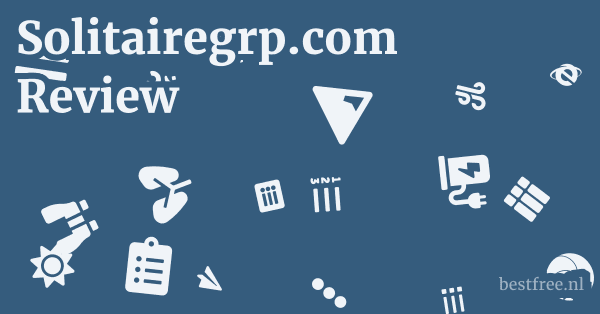Maintaining a home often involves various services—plumbing, electrical, heating, and renovations. For Muslim homeowners, it’s not just about finding a competent service provider, but also ensuring that the entire process, especially financial transactions, aligns with Islamic principles. The concept of Halal (permissible) extends beyond food to all aspects of life, including how we acquire and pay for services.
Understanding Halal Transactions in Home Services
The core principle in Islamic finance is the avoidance of Riba (interest) and Gharar (excessive uncertainty).
- Riba-Free Transactions: This means avoiding any loans or financing arrangements where interest is charged. Conventional mortgages, credit cards, and personal loans that accrue interest are generally not permissible.
- Clarity and Transparency (Avoiding Gharar): Transactions should be clear, transparent, and free from excessive ambiguity or deception. This applies to quotes, contracts, and service descriptions.
- Fair Exchange: The exchange of goods or services for money should be just and equitable, reflecting the true value without exploitation.
Payment Methods: The Cornerstone of Ethical Home Services
The most critical aspect for Muslim homeowners when dealing with service providers is the payment method.
- Direct Cash Payment: The simplest and most unequivocally halal method is to pay directly in cash or through a bank transfer upon completion of the service, or in agreed-upon installments that are free of interest. This requires having savings set aside for home maintenance and improvements.
- Benefit: No interest incurred, complete financial independence from Riba-based systems.
- Challenge: Requires prior savings, can be difficult for large, unexpected repairs.
- Sharia-Compliant Financing: For larger projects like boiler installations or major renovations, if direct payment is not feasible, look for financial institutions offering Sharia-compliant alternatives. These typically involve:
- Murabaha (Cost-Plus Sale): The financier buys the asset (e.g., a new boiler) and sells it to the customer at a pre-agreed profit margin, payable in installments. There is no interest on the installments.
- Ijarah (Leasing): The financier leases the asset to the customer, with an option to purchase it at the end of the lease term. The rental payments are permissible.
- Istisna (Manufacturing/Construction Finance): Used for projects where a product is manufactured or constructed over time (e.g., a custom kitchen). The financier pays for the construction, and the customer pays the financier in installments.
- Key Action: This often means securing finance from an Islamic bank or financial institution before engaging the service provider, and then using those funds to pay the service provider directly.
Identifying Ethical Service Providers
While a service provider might not offer Islamic financing directly, you can still assess their overall ethical approach.
- Transparency in Quoting: Choose companies that provide clear, detailed, and upfront quotations, explaining all costs involved without hidden charges.
- No Pressure for Finance: A provider that respects your payment choice and doesn’t push interest-based financing is preferable.
- Professional Conduct: Look for professionalism, honesty, and integrity in their interactions, adhering to contractual agreements and delivering quality work.
- Reputation for Fair Dealing: Seek recommendations from trusted individuals or community groups for companies known for their ethical practices.
Preparing for Home Maintenance Costs
To avoid the need for conventional, interest-based financing, proactive financial planning is essential.
|
0.0 out of 5 stars (based on 0 reviews)
There are no reviews yet. Be the first one to write one. |
Amazon.com:
Check Amazon for Maintaining Your Home Latest Discussions & Reviews: |
- Emergency Fund: Establish a dedicated emergency fund specifically for unexpected home repairs. Aim for at least 3-6 months of living expenses, with a portion earmarked for home-related emergencies.
- Home Maintenance Savings Account: Set up a separate savings account and contribute regularly towards future home maintenance and renovation projects. This allows you to pay cash for larger projects when they arise.
- Regular Maintenance: Proactive maintenance (e.g., annual boiler service, checking for leaks) can prevent major breakdowns, reducing the likelihood of urgent, expensive repairs that might tempt you towards impermissible financing.
By focusing on direct payments, seeking Sharia-compliant financing when necessary, and choosing service providers who are transparent and professional, Muslim homeowners can ensure their home maintenance aligns with their faith while keeping their homes safe and functional. Solitairegrp.com vs. Competitors

Leave a Reply